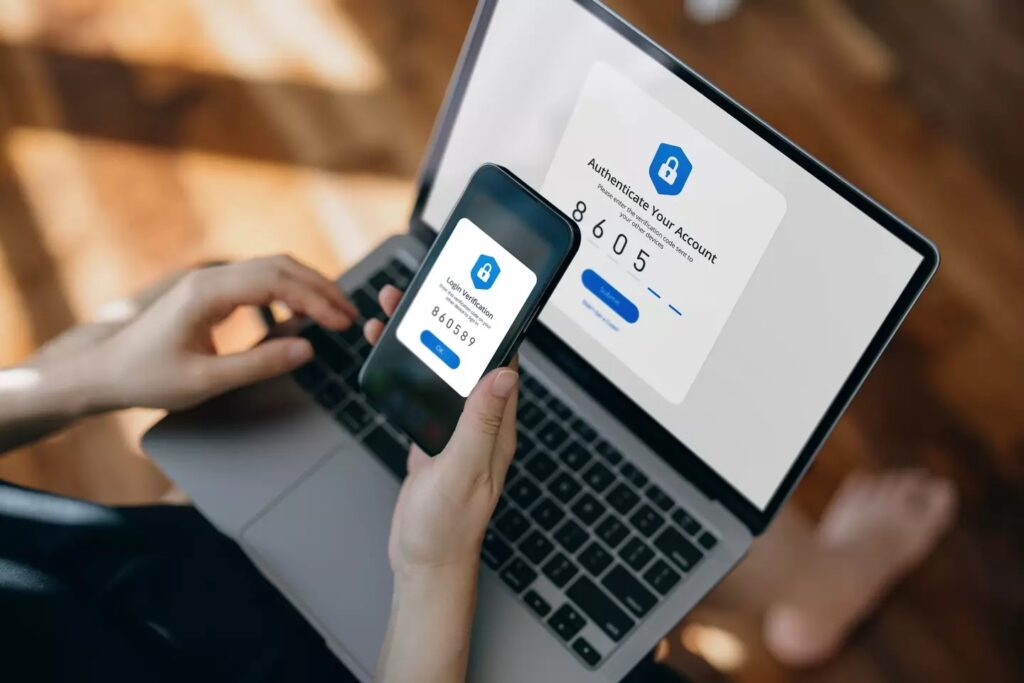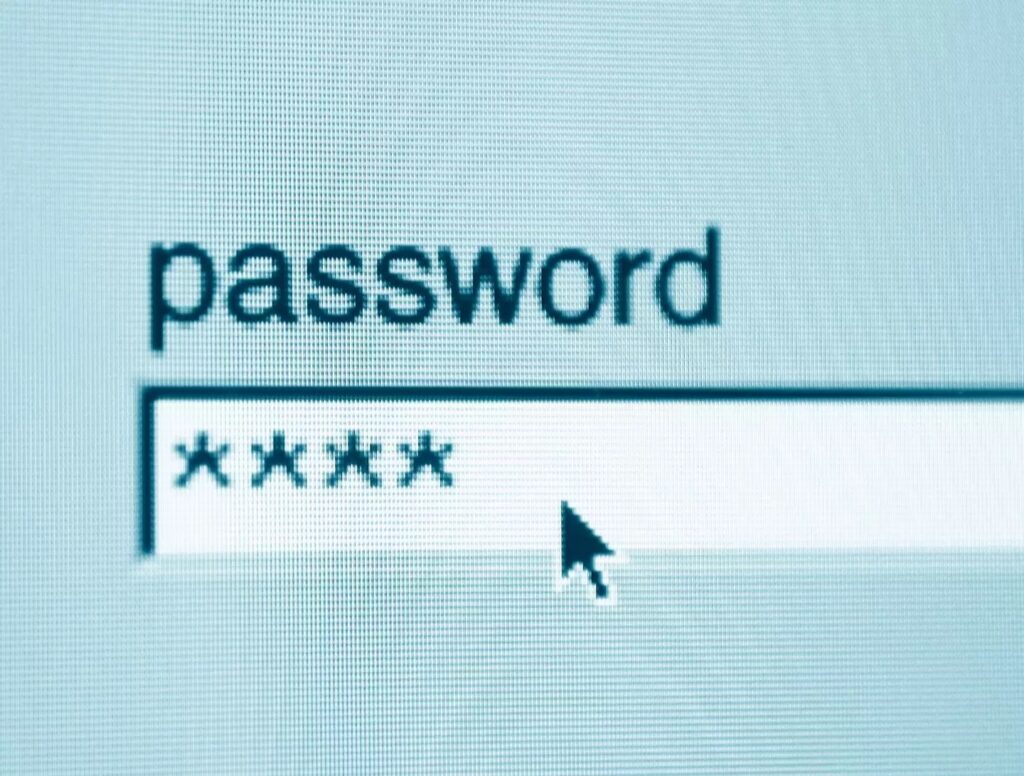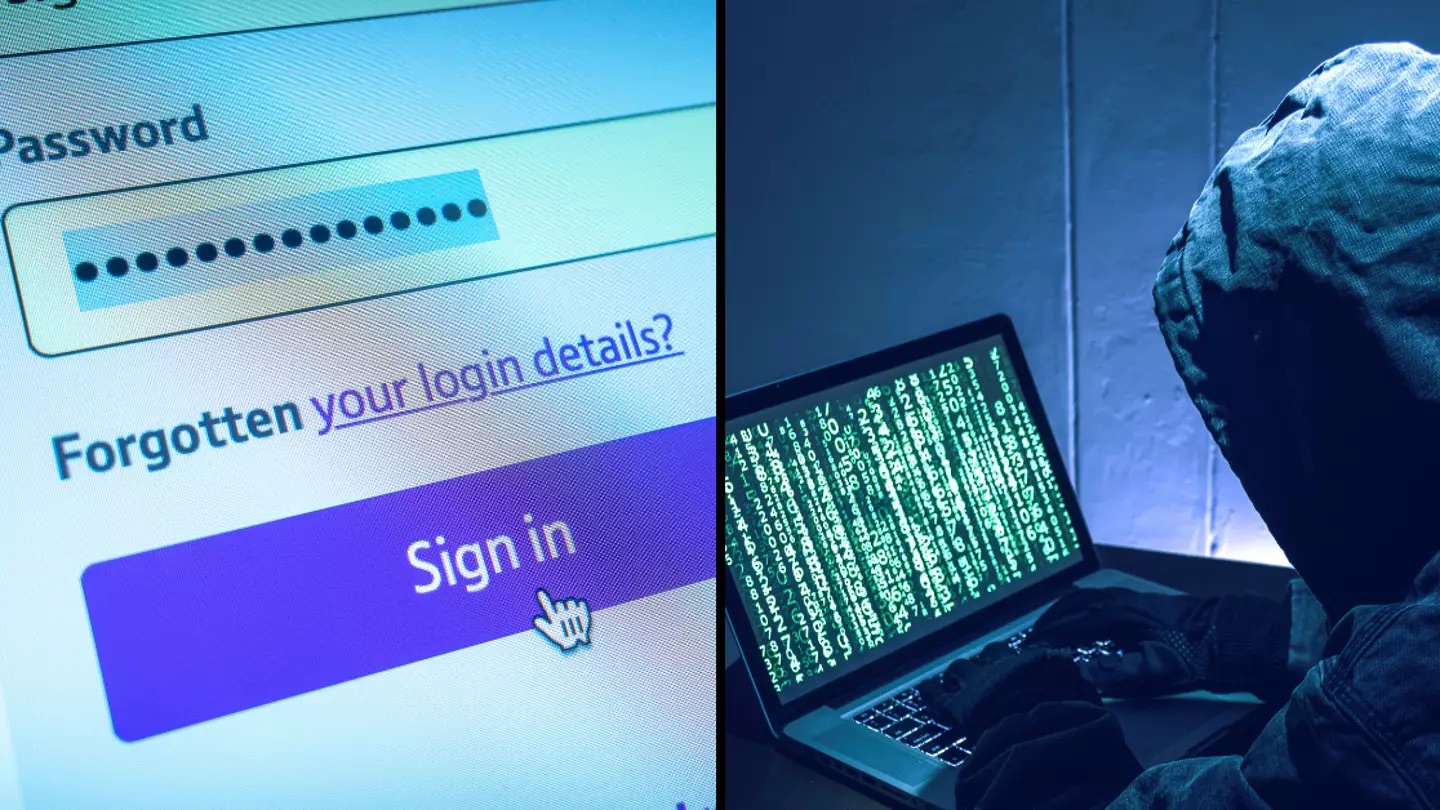An ethical hacker renowned for his commitment to cybersecurity has emphasized the importance of avoiding certain password combinations to protect your personal information and finances.
Experiencing an online hack can have devastating effects, leading to drained bank accounts or lost access to social media accounts. The costs associated with cybercrime are projected to rise dramatically, potentially reaching £7 million in 2024, with a 15% annual increase anticipated over the next two years.

One of the easiest ways for hackers to infiltrate personal information is through weak passwords. If your password features sequences like “123,” it’s time to rethink your approach. Joe Cockroft, an ethical hacker at the NEBRC, specializes in understanding cybercriminal tactics and warns against using passwords based on easily identifiable information.
Cockroft advises, “Steer clear of personal details like favorite sports teams or family names in your passwords. While these may be easy to remember, they’re also easy for hackers to discover, especially from social media profiles.”

According to NordPass’ Most Common Password List, passwords related to football teams are particularly common in the UK and often lack complexity, making them prime targets for hackers. These criminals utilize extensive word lists to crack such simple passwords.
Although the National Cyber Security Centre suggests that frequently changing passwords might sometimes do more harm than good, it underscores the importance of strong password hygiene and changing passwords immediately if there’s any suspicion of a breach.

Avoiding password reuse is crucial. Tom Holloway, head of cybersecurity at Redcentric, emphasizes that reusing passwords creates significant vulnerabilities. If a password is compromised on one site, attackers could potentially access multiple accounts.
Holloway recommends using a password manager to securely store your passwords instead of insecure methods like writing them down on your phone or browser, which can be easily accessed by others.
NordPass’ Most Common Password List highlights several passwords that are incredibly easy for hackers to crack. Avoid using passwords like:
• 123456
• admin
• password
• qwerty
• 111111
To safeguard your online information, create complex passwords that combine numbers, symbols, and letters. Additionally, enable multi-factor authentication (MFA) or two-factor authentication (2FA) for an extra layer of security. This typically involves receiving a verification code on your mobile device, helping to prevent unauthorized access.
